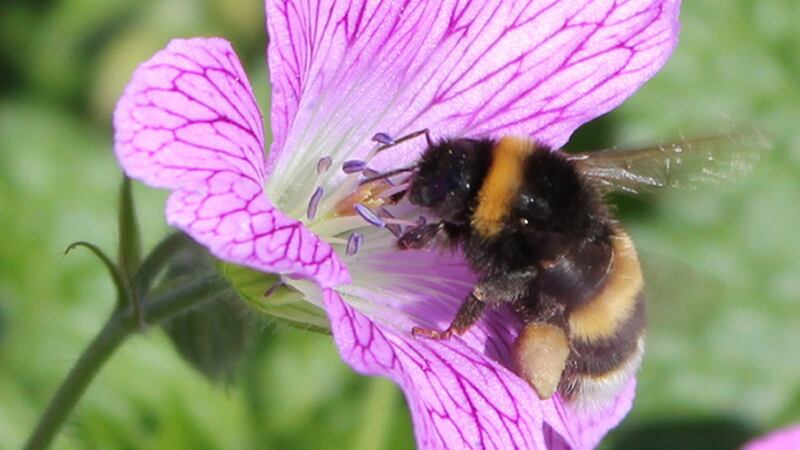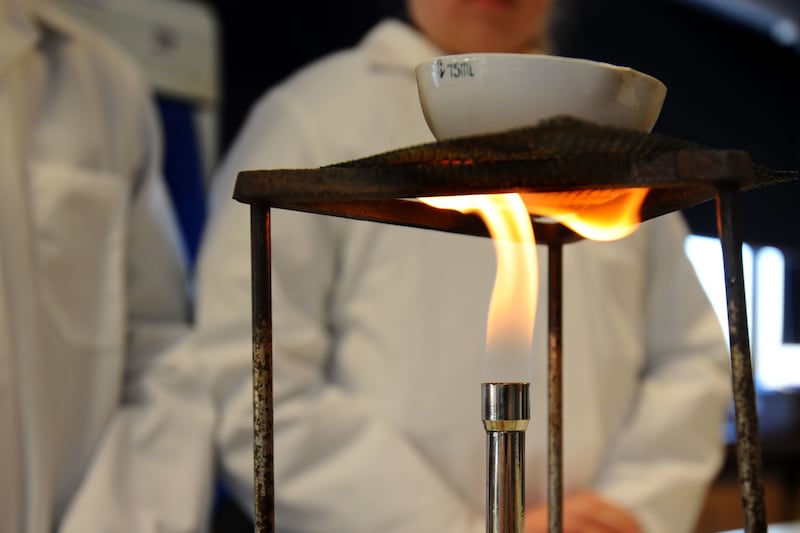Posh gardens could play a key role in preserving pollinating insects, research has shown.
Private green spaces and allotments attract large numbers of bees and other pollinators, a study found, while “significantly higher pollinator abundance” was seen in areas with high household incomes.
Gardens in richer areas typically had a wider range of flowers, said the researchers.
They wrote in the journal Nature Ecology and Evolution: “This is consistent with the so-called ‘luxury effect’ whereby socioeconomic
status is often positively correlated with urban biodiversity.
“In our case, the effect is driven by the greater quality of floral resources for pollinators in wealthier neighbourhoods.”
The authors recommended increasing the number of flowers in parks and other public green spaces, and providing more allotments in towns and cities.
Jane Memmott, Professor Ecology at the University of Bristol, who heads the Urban Pollinators Project, said: “By understanding the impact of each urban land use on pollinators, whether it’s gardens, allotments, road verges or parks, we can make cities better places for pollinators.”
The scientists surveyed the distribution of plants and pollinating insects in Bristol, Edinburgh, Leeds and Reading.
They found that residential and community gardens – or allotments – supported a greater abundance of pollinators than other types of urban land, such as parks and road verges.
Up to 50 times more bees were found in gardens than in areas with man-made surfaces including car parks and industrial estates.
Lead researcher Dr Katherine Baldcock, from the University of Bristol, said: “This is the first time a new measure of management success that considers the long-term sustainability of pollinator communities, and not just individual species, has been used in a practical conservation context.
“Rather than simply asking about how management affects the number of pollinator species or their abundance, we also ask how potential strategies affect the ability of pollinators to cope with species losses associated with environmental change.
“A good management intervention leads to more sustainable communities.”








